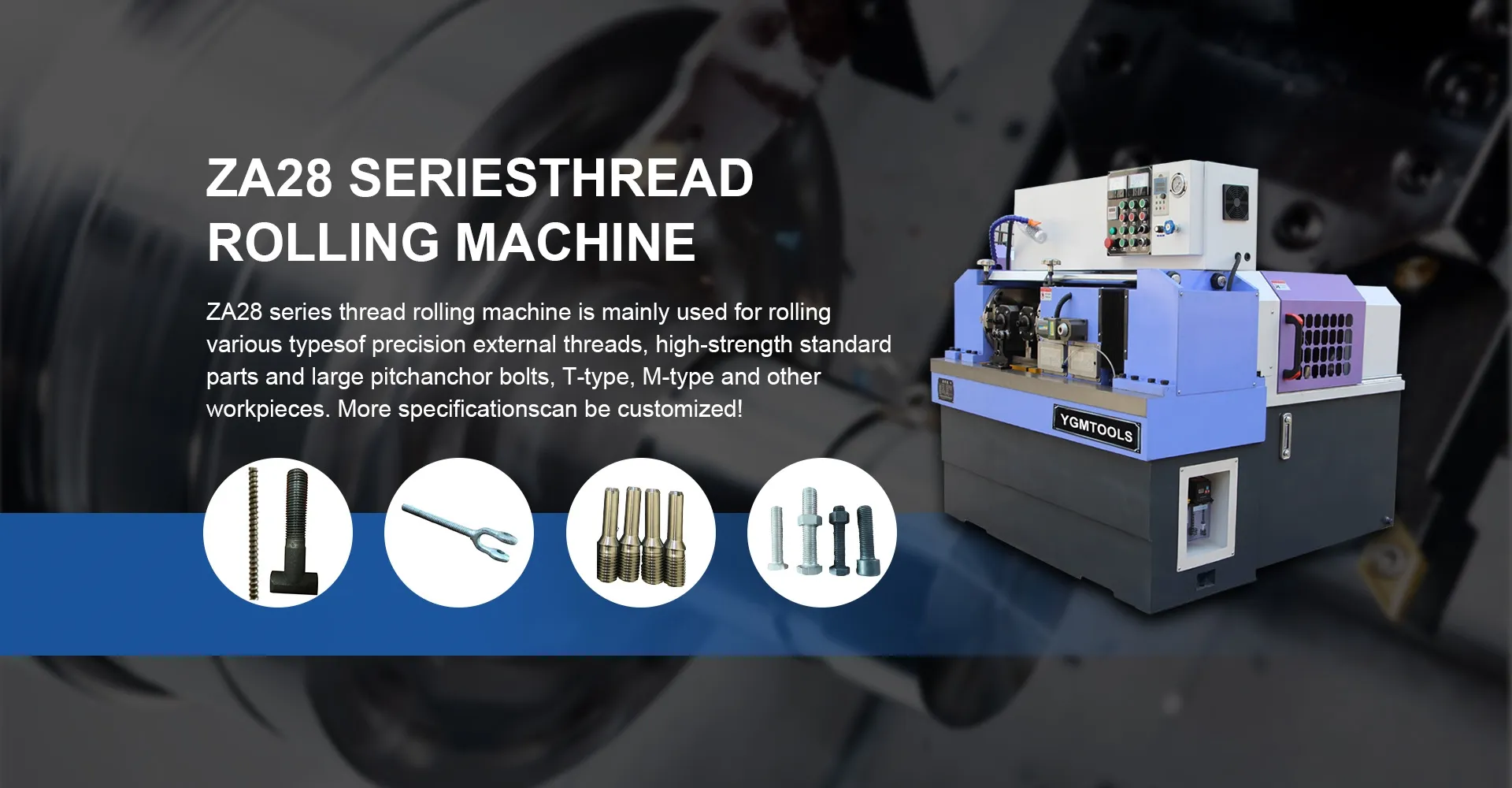
-
 Afrikaans
Afrikaans -
 Albanian
Albanian -
 Amharic
Amharic -
 Arabic
Arabic -
 Armenian
Armenian -
 Azerbaijani
Azerbaijani -
 Basque
Basque -
 Belarusian
Belarusian -
 Bengali
Bengali -
 Bosnian
Bosnian -
 Bulgarian
Bulgarian -
 Catalan
Catalan -
 Cebuano
Cebuano -
 Corsican
Corsican -
 Croatian
Croatian -
 Czech
Czech -
 Danish
Danish -
 Dutch
Dutch -
 English
English -
 Esperanto
Esperanto -
 Estonian
Estonian -
 Finnish
Finnish -
 French
French -
 Frisian
Frisian -
 Galician
Galician -
 Georgian
Georgian -
 German
German -
 Greek
Greek -
 Gujarati
Gujarati -
 Haitian Creole
Haitian Creole -
 hausa
hausa -
 hawaiian
hawaiian -
 Hebrew
Hebrew -
 Hindi
Hindi -
 Miao
Miao -
 Hungarian
Hungarian -
 Icelandic
Icelandic -
 igbo
igbo -
 Indonesian
Indonesian -
 irish
irish -
 Italian
Italian -
 Japanese
Japanese -
 Javanese
Javanese -
 Kannada
Kannada -
 kazakh
kazakh -
 Khmer
Khmer -
 Rwandese
Rwandese -
 Korean
Korean -
 Kurdish
Kurdish -
 Kyrgyz
Kyrgyz -
 Lao
Lao -
 Latin
Latin -
 Latvian
Latvian -
 Lithuanian
Lithuanian -
 Luxembourgish
Luxembourgish -
 Macedonian
Macedonian -
 Malgashi
Malgashi -
 Malay
Malay -
 Malayalam
Malayalam -
 Maltese
Maltese -
 Maori
Maori -
 Marathi
Marathi -
 Mongolian
Mongolian -
 Myanmar
Myanmar -
 Nepali
Nepali -
 Norwegian
Norwegian -
 Norwegian
Norwegian -
 Occitan
Occitan -
 Pashto
Pashto -
 Persian
Persian -
 Polish
Polish -
 Portuguese
Portuguese -
 Punjabi
Punjabi -
 Romanian
Romanian -
 Russian
Russian -
 Samoan
Samoan -
 Scottish Gaelic
Scottish Gaelic -
 Serbian
Serbian -
 Sesotho
Sesotho -
 Shona
Shona -
 Sindhi
Sindhi -
 Sinhala
Sinhala -
 Slovak
Slovak -
 Slovenian
Slovenian -
 Somali
Somali -
 Spanish
Spanish -
 Sundanese
Sundanese -
 Swahili
Swahili -
 Swedish
Swedish -
 Tagalog
Tagalog -
 Tajik
Tajik -
 Tamil
Tamil -
 Tatar
Tatar -
 Telugu
Telugu -
 Thai
Thai -
 Turkish
Turkish -
 Turkmen
Turkmen -
 Ukrainian
Ukrainian -
 Urdu
Urdu -
 Uighur
Uighur -
 Uzbek
Uzbek -
 Vietnamese
Vietnamese -
 Welsh
Welsh -
 Bantu
Bantu -
 Yiddish
Yiddish -
 Yoruba
Yoruba -
 Zulu
Zulu
CE Certified Thread Rolling Equipment | High Precision & Quality
CE Certification for Thread Rolling Equipment Ensuring Quality and Safety
The manufacturing sector is constantly evolving, with the need for precision machinery and rigorous safety standards becoming more prominent than ever. One such crucial element in manufacturing is thread rolling equipment, which is primarily used to create threads on metal components. In Europe, compliance with safety and quality regulations is essential, and obtaining CE certification is a significant step for manufacturers and suppliers of these machines.
CE marking indicates that a product meets European Union (EU) safety, health, and environmental protection standards. It allows businesses to demonstrate their commitment to quality and compliance, fostering trust among consumers and partners. For thread rolling equipment, this certification is particularly vital due to the dangerous nature of the manufacturing processes involved.
To achieve CE certification, manufacturers must undergo a thorough assessment process. This includes evaluating the design and construction of the equipment, ensuring that it complies with the relevant EU directives, such as the Machinery Directive (2006/42/EC). The assessment process typically requires detailed documentation, including risk assessments, technical files, and safety checklists. These documents demonstrate that the equipment has been designed with safety features and that potential risks have been mitigated effectively.
ce certification thread rolling equipment

Moreover, testing is an essential part of the CE certification process. Thread rolling machines must undergo rigorous testing to ensure they operate safely under various conditions. This includes checks for mechanical strength, operational safety, and adherence to noise and vibration limits. By passing these tests, the equipment is validated for safe use in the workplace.
Once a manufacturer successfully obtains CE certification, they can attach the CE mark to their products. This mark not only signifies compliance but also enhances the marketability of the equipment, as many customers prioritize purchasing from certified suppliers. Furthermore, having CE certification can open doors to new markets within the EU, as many customers and regulatory authorities require this certification as a prerequisite for purchase.
In conclusion, CE certification for thread rolling equipment is a vital process that ensures safety and quality in the manufacturing industry. It not only protects workers and consumers but also enhances the credibility of the manufacturers. As the industry continues to grow, the importance of adhering to these standards will remain paramount for businesses wishing to thrive in a competitive market.
